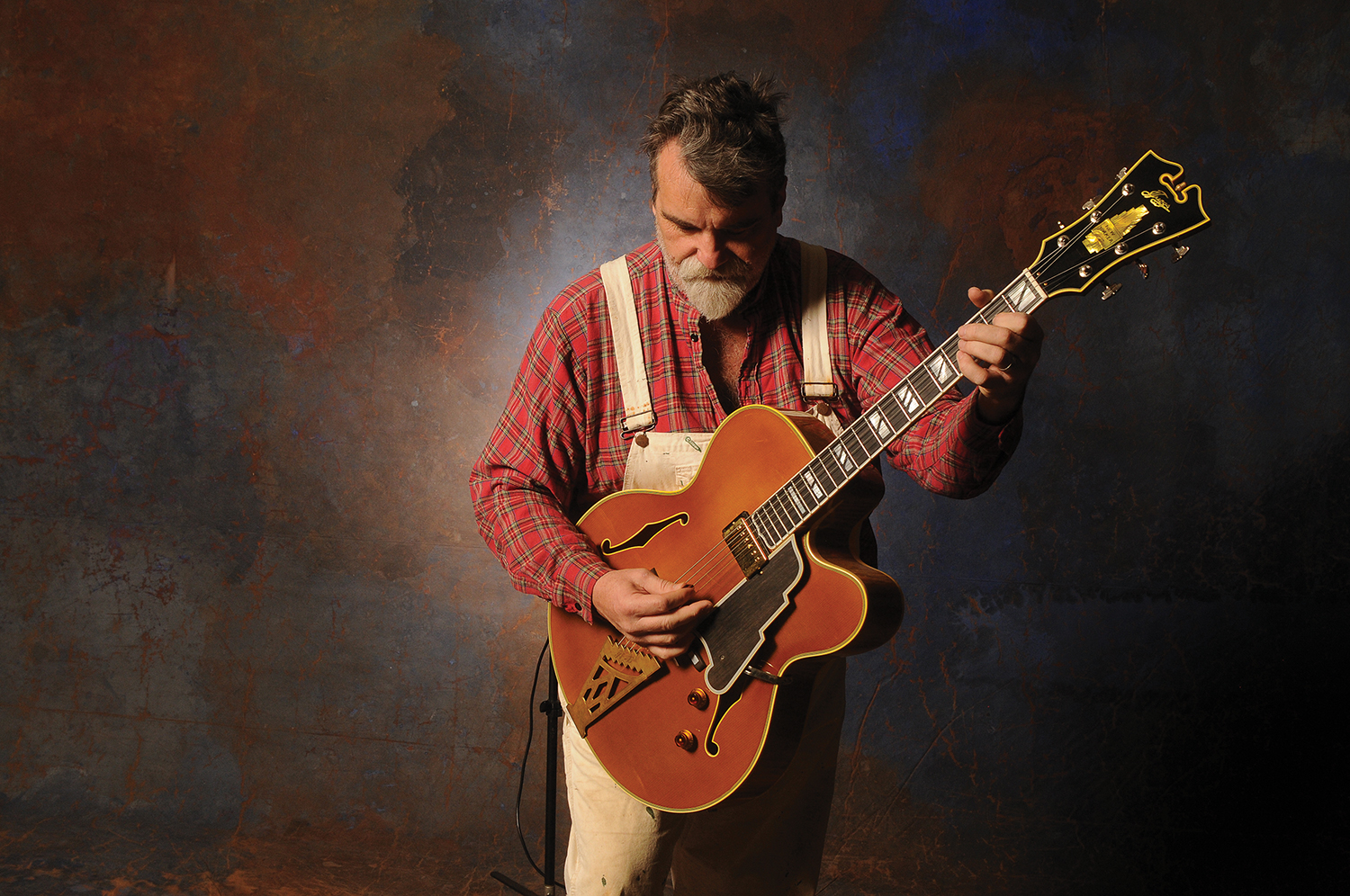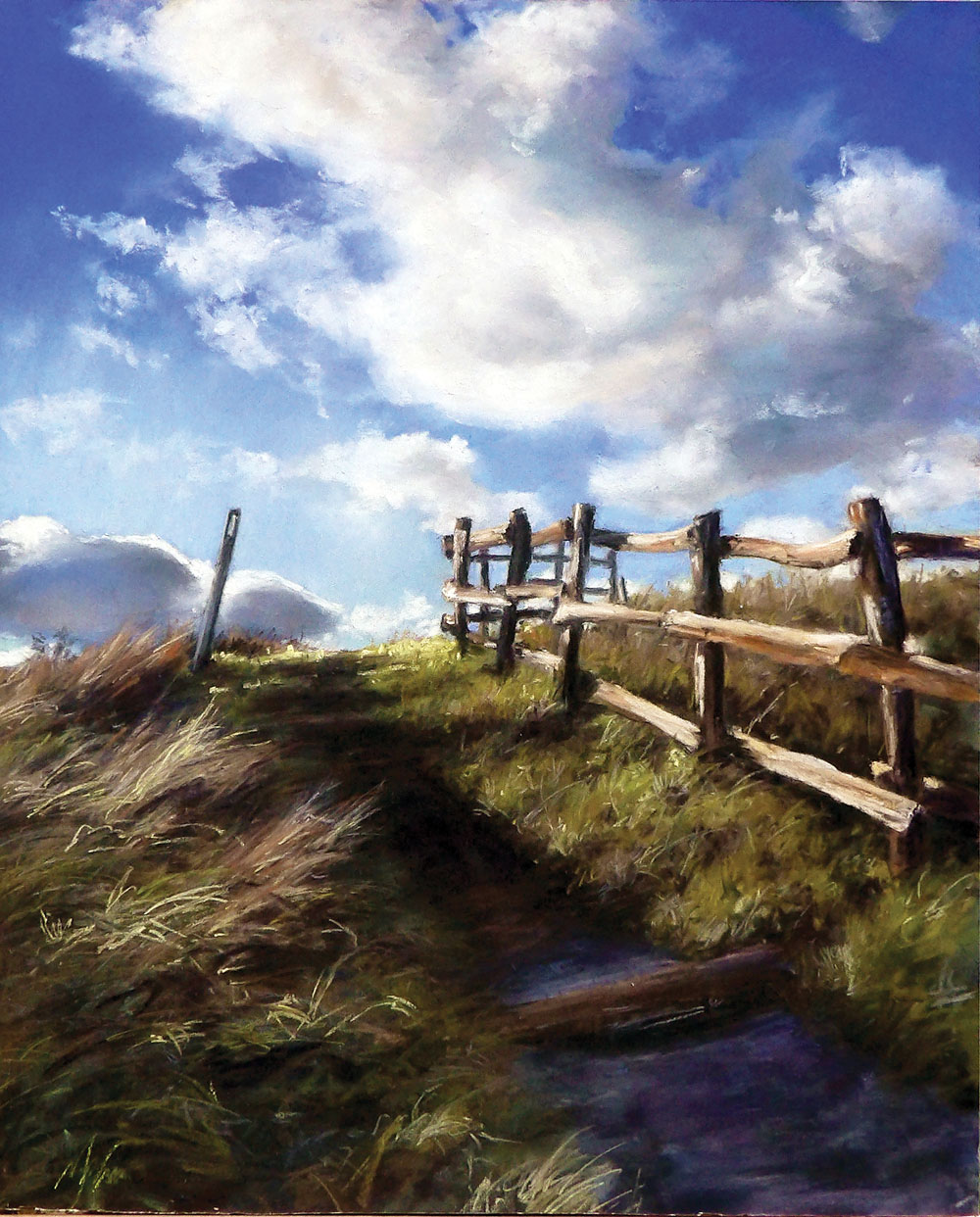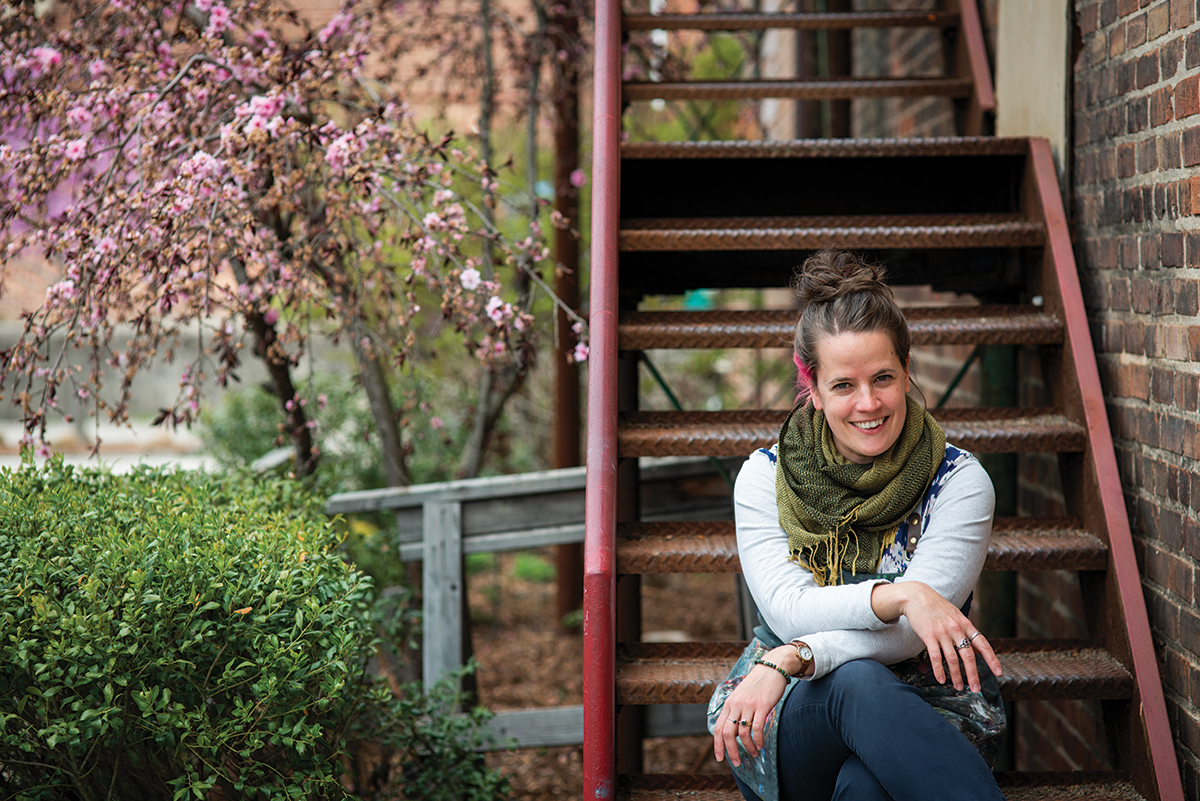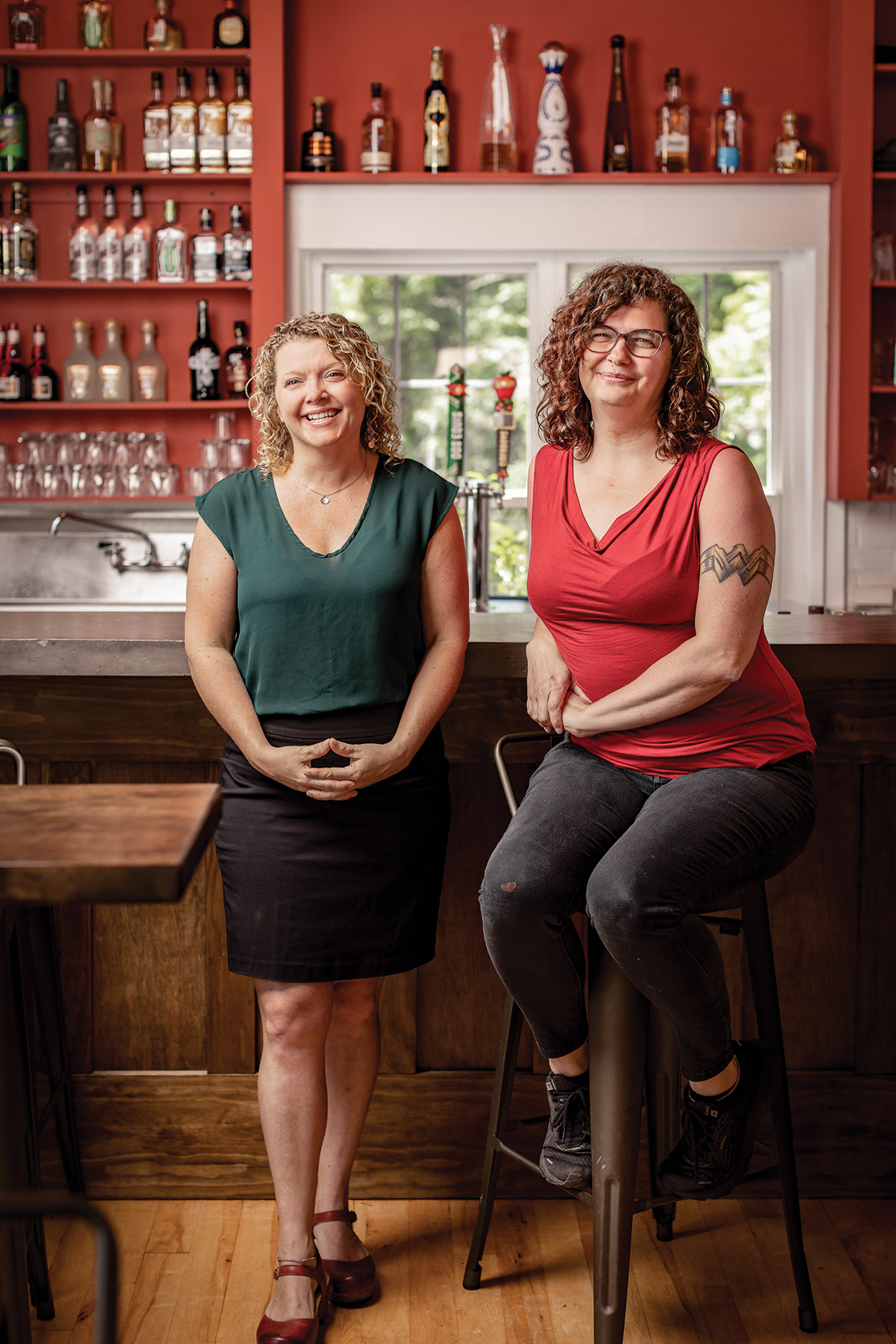
“The creative thing wants to be unencumbered,” says Darrell Scott.
Darrell Scott is perhaps best known for the songs he’s written that have been recorded by others — big-time others that include the Dixie Chicks, Keb’ Mo’, Faith Hill, Travis Tritt, and even Beyoncé, winner of 22 Grammys and the most nominated woman performer in the award’s history.
In 2010, the Nashville singer/songwriter, who’s plenty celebrated in his own right, was tapped as the multi-instrumentalist for Robert Plant’s Band of Joy. But all of that A-list grandeur threatens to overshadow Scott’s own rich, appealing recordings — more than a dozen albums to date — and solo shows.
I’ve read that you studied poetry and literature in college. How did this inform your approach to songwriting?
For lack of a better word, they made it a little more literary. I attempted to be a better writer like what I had been reading.
You’ve done a lot of writing on your own; you’ve also done a lot of collaborative writing. Are those completely different experiences and processes for you?
They’re similar in that we’re still trying to get something really good in either case. The benefit to having a co-writer is that if I’m not really hitting on all cylinders, I have someone else to depend on for some of that. And vice versa: when they’re kind of stuck on something, I may very well have a way out of it. Two creative people getting together with lots of experience on their own may have a hard time saying, “We’re stuck. We can’t do anything.” The best scenario is that you’ll come out with the best of the two writers in a particular piece, something that neither of them would come up with on their own.
Where do your lyrical ideas come from, and then how do you transform them from ideas into songs?
They largely just kind of tap me on the shoulder and get my attention. They’re out of experience, or seeing something in the news, or that’s going on in my life or somebody else’s life. Or I could have gone to a movie, read a book, or read an article that stirs up stuff. Then, the next thing you know, [I’m] feeling like I need to sit down and write this idea that’s coming out. Something is happening sort of outside of my general experience; something sort of extrasensory going on, something that can’t be denied. It really is called inspiration.
So, my job then is to translate and be ready for that thing that’s coming through, to turn it into whatever it wants to do. Something that’s not fruitful at all is to take something and turn it into what I want it to do. I feel, if there really is an inspiration, then it actually came with other things that it brought with it, too. Like a particular kind of melody, composition, or kind of language.
When you’re writing, what consideration, if any, do you give to a song’s potential suitability or use by other artists?
I try not to think of it at all because it doesn’t help the process. If it did, I think I would embrace it and say, “Okay, today I’m writing one for X, Y, or Z.” But the truth is, as soon as that other kind of sensibility enters a creative place — to me, at least — it basically shuts down the creative thing. The creative thing wants to be unencumbered, closer to purity, and closer to just real expression; as soon as the brainpower kicks in and says, “Oh, you know what? So and so would like this,” suddenly the song turns to a sh***y song that sounds like you’re trying to pitch it for somebody. And those are never better songs. The better songs are the ones that come out whether someone cuts it or doesn’t cut it.
The Purple Onion (16 East Main St., Saluda) presents Darrell Scott on Sunday, March 3, 7-9pm, as part of its Sunday Night Concert Series. For more information, see purpleonionsaluda.com.



